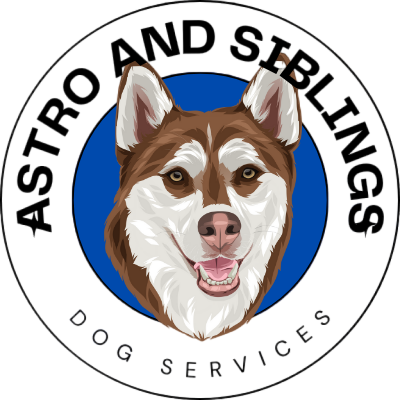How to Deal with a Possessive and Jealous Dog
How to Deal with a Possessive and Jealous Dog
As dog owners, we often encounter behavioral issues that can be challenging to manage. One common problem is a dog that exhibits possessive or jealous behavior. This type of behavior can be disruptive and even dangerous if not addressed properly. In this blog post, we'll explore effective strategies to help you deal with a possessive and jealous dog.
Understand the Underlying Causes
Possessive and jealous behavior in dogs can stem from a variety of factors, such as insecurity, lack of socialization, or a strong attachment to their owners. It's important to identify the root cause of the behavior in order to address it effectively.
Establish Clear Boundaries
Setting clear boundaries and rules for your dog is crucial. Teach your dog that certain items, spaces, or interactions are off-limits, and consistently reinforce these boundaries. This will help your dog understand what is and isn't acceptable behavior.
Provide Positive Reinforcement
Reward-based training is an effective way to modify your dog's behavior. When your dog exhibits calm and non-possessive behavior, praise and reward them with treats or playtime. This positive reinforcement will encourage the desired behavior.
Introduce Desensitization and Counter-Conditioning
Gradually exposing your dog to the triggers of their possessive or jealous behavior, while pairing it with positive experiences, can help reduce their negative reactions over time. This process, known as desensitization and counter-conditioning, can be a powerful tool in addressing these issues.
Seek Professional Assistance
If the behavior persists or escalates, it's recommended to consult with a qualified dog trainer or animal behaviorist. They can provide personalized guidance and develop a training plan tailored to your dog's specific needs.
Remember, addressing possessive and jealous behavior in dogs requires patience, consistency, and a commitment to positive reinforcement. By understanding the underlying causes and implementing effective strategies, you can help your dog overcome these challenges and develop a healthier, more balanced relationship.
